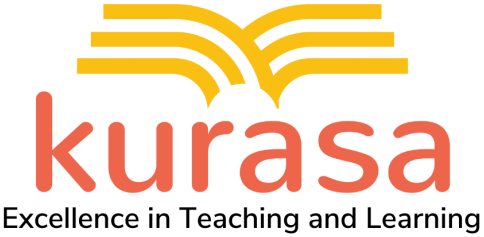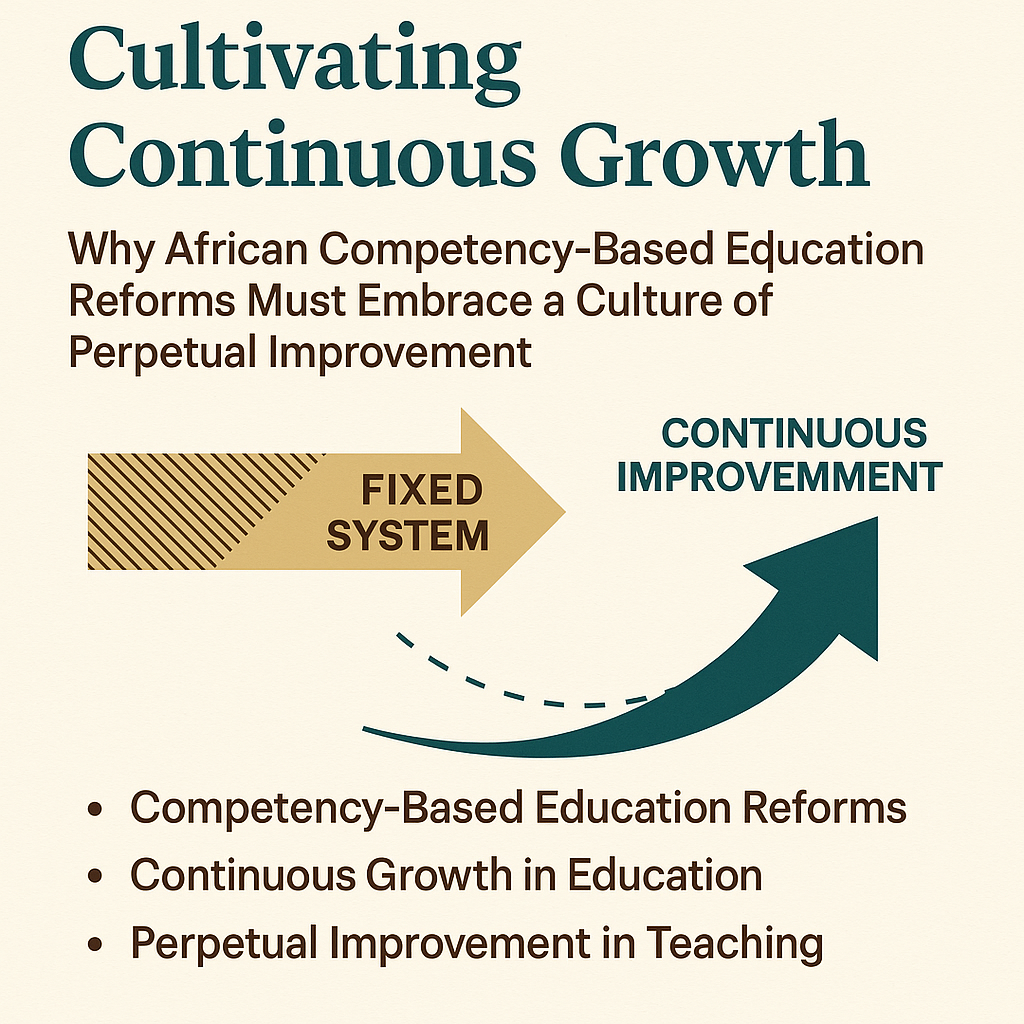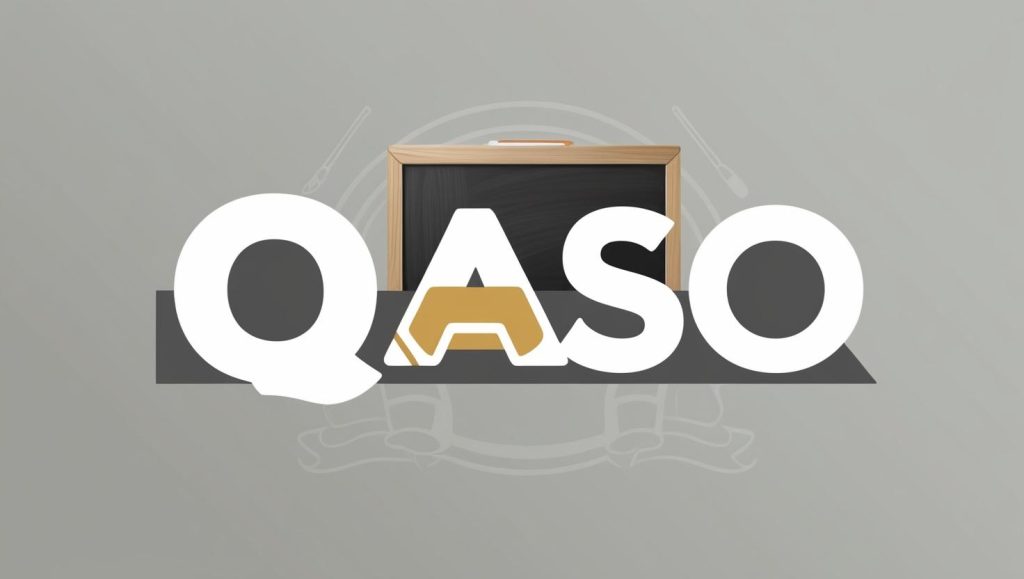
Inclusive education technology (EdTech) presents a transformative opportunity for learning in frontier counties, regions that often face unique challenges related to geography, infrastructure, and socio-economic factors. The integration of EdTech in these areas can bridge educational gaps, offering students in remote locations the same quality of education available in more urbanized settings. Here, we explore strategies to foster inclusive EdTech learning in frontier counties, inspired by the insights from NTV Kenya’s article on this subject.
Understanding Frontier Counties
Frontier counties typically refer to regions that are on the margins of development, often characterized by:
- Limited infrastructure and technological access
- High levels of poverty and socio-economic disparity
- Geographical isolation that hampers the delivery of educational services
These factors necessitate tailored strategies to ensure that EdTech solutions are not only available but also effective and inclusive.
- Infrastructure Development and Investment
A foundational step in spurring inclusive EdTech learning is the development and enhancement of infrastructure. This includes:
- Internet Connectivity: Establishing reliable and high-speed internet connections is crucial. This can be achieved through partnerships with telecommunications companies and leveraging satellite technology for remote areas.
- Electricity Supply: Ensuring that schools and learning centers have a consistent power supply. Solar energy solutions can be particularly effective in regions where traditional power infrastructure is lacking.
- Provision of Devices: Supplying schools with adequate numbers of computers, tablets, and other digital devices. This can involve government initiatives, public-private partnerships, and community-driven efforts.
- Teacher Training and Professional Development
Effective integration of EdTech requires that teachers are not only comfortable with technology but also skilled in using it to enhance learning outcomes. Key strategies include:
- Continuous Professional Development: Regular training sessions and workshops focused on the latest EdTech tools and pedagogical methods.
- Mentorship Programs: Pairing teachers in frontier counties with experienced educators from more developed areas to provide guidance and support.
- Online Communities of Practice: Creating virtual platforms where teachers can share experiences, resources, and best practices.
- Localized Content and Curriculum
For EdTech to be truly inclusive, it must be relevant to the local context. This involves:
- Culturally Relevant Content: Developing educational materials that reflect the local culture, languages, and experiences of the students.
- Adaptable Curriculum: Allowing flexibility in the curriculum to incorporate local knowledge and practices, making learning more relatable and engaging for students.
- Feedback Mechanisms: Establishing systems for continuous feedback from students, teachers, and parents to ensure that the content remains relevant and effective.
- Community Engagement and Support
The success of EdTech initiatives in frontier counties heavily relies on community buy-in and support. Strategies to achieve this include:
- Awareness Campaigns: Educating the community about the benefits of EdTech and how it can improve educational outcomes for their children.
- Parent Involvement: Encouraging parents to participate in their children’s learning process, providing them with tools and resources to support learning at home.
- Local Champions: Identifying and empowering local leaders who can advocate for EdTech and mobilize community support.
- Policy and Funding
Government policies and funding play a critical role in the sustainable implementation of EdTech initiatives. Essential measures include:
- Inclusive Education Policies: Formulating and enforcing policies that prioritize the deployment of EdTech in frontier counties.
- Funding and Grants: Allocating specific funds and grants to support infrastructure development, teacher training, and content creation.
- Public-Private Partnerships: Encouraging collaborations between the government, private sector, and non-profit organizations to pool resources and expertise.
- Monitoring and Evaluation
To ensure that EdTech initiatives are meeting their goals, robust monitoring and evaluation mechanisms are necessary:
- Data Collection: Regular collection and analysis of data on student performance, teacher effectiveness, and technology usage.
- Impact Assessment: Conducting periodic assessments to evaluate the impact of EdTech on learning outcomes and making adjustments as needed.
- Transparency and Accountability: Ensuring that all stakeholders are informed about the progress and challenges of the EdTech initiatives, fostering a culture of transparency and accountability.
Conclusion
The implementation of inclusive EdTech learning in frontier counties is a multifaceted challenge that requires concerted efforts across various domains. By focusing on infrastructure development, teacher training, localized content, community engagement, supportive policies, and rigorous monitoring, it is possible to create an educational environment where every child, regardless of their location, has access to quality education. As highlighted in the NTV Kenya article, these strategies not only address the immediate educational needs of frontier counties but also lay the groundwork for long-term socio-economic development and empowerment.


